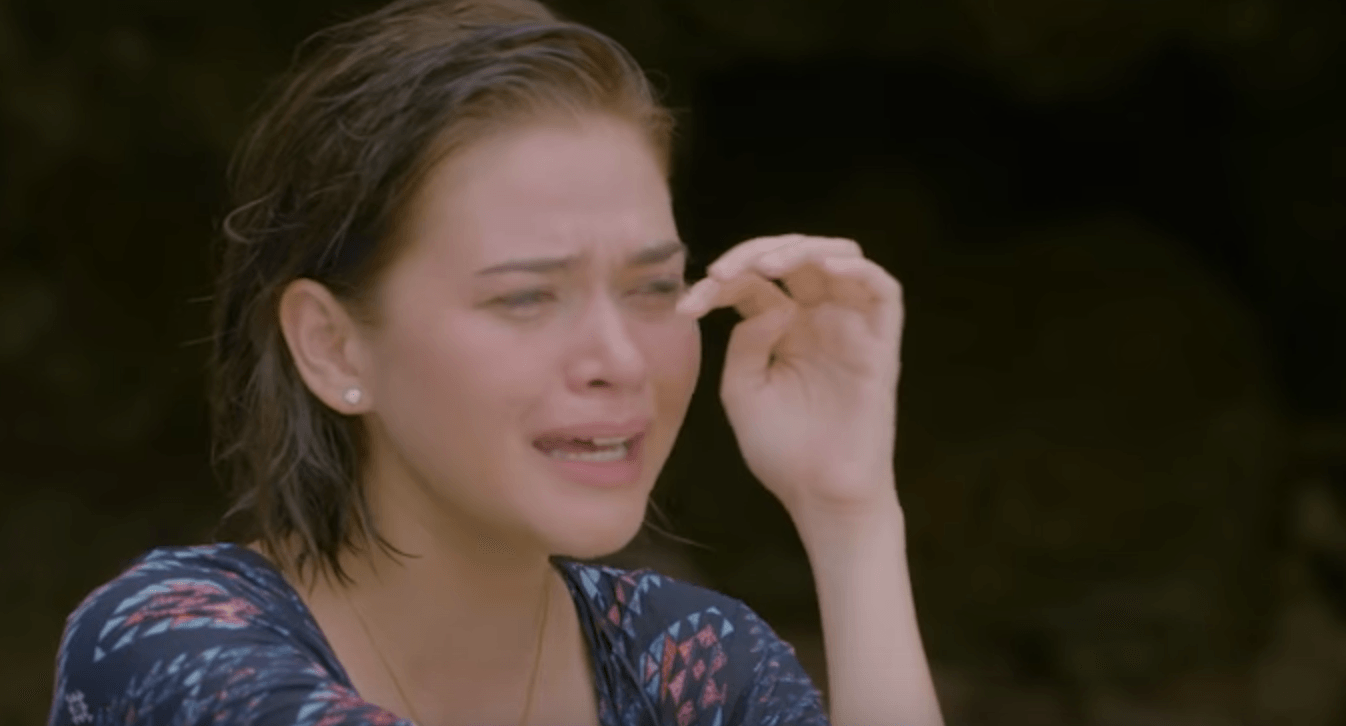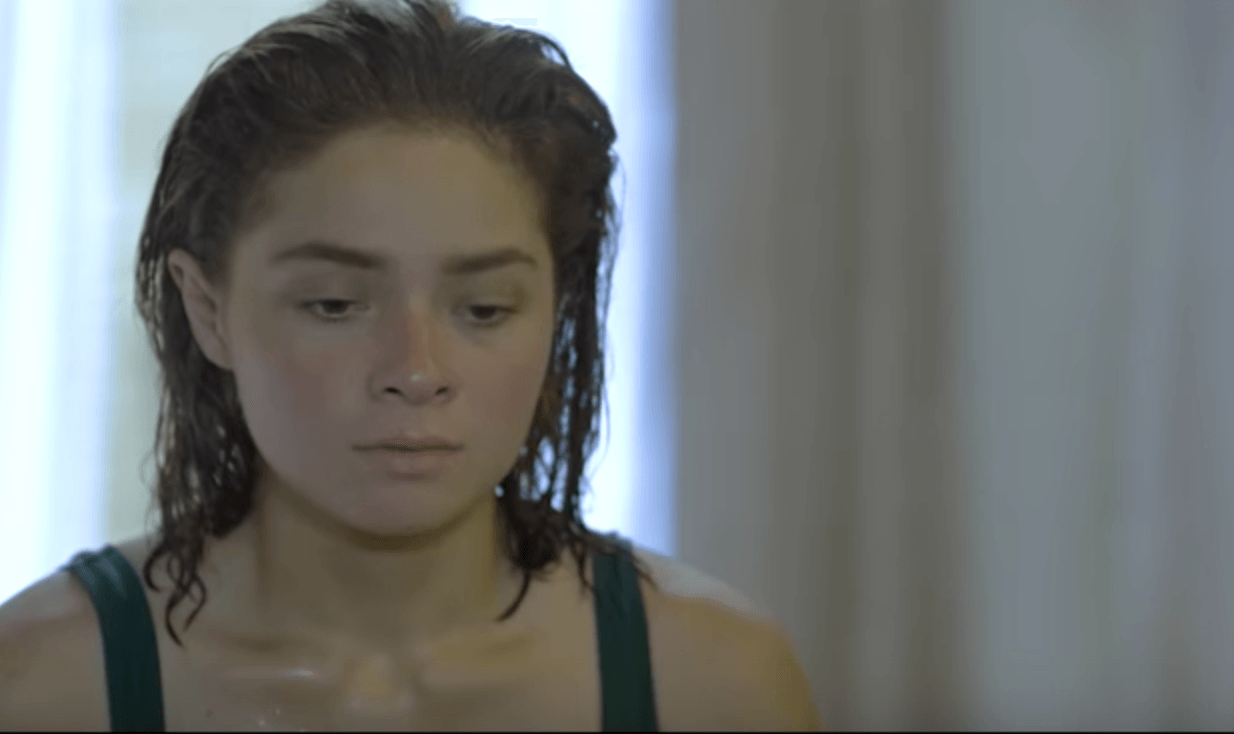SUMMARY
This is AI generated summarization, which may have errors. For context, always refer to the full article.

A film like Irene Villamor’s Camp Sawi can only exist in a film culture that not only fosters, but fetishizes romantic love and its many permutations and harsh repercussions.
Medley of moods

Camp Sawi opens with cleverly juxtaposed sequences of bank teller Bridgette (a very charismatic Bela Padilla) joyously in love with her boyfriend (Dennis Trillo) and then forlornly devastated after the same boyfriend leaves her for another girl. The film is banking on its audience’s capability to comprehend emotions relating to romance despite not being provided a comprehensive story to latch on to. In a matter of minutes and with only the sparse understanding that Bridgette was once happily in a relationship, Villamor makes it clear that her film is not a romance in its most traditional sense.
Camp Sawi is a medley of moods and sensations, carried over by bringing together all sorts of failed romantics to the titular island resort for the sole purpose of moving on from their heartbreaks. The story is quite simplistic, with Bridgette heading to the resort, meeting similarly situated girls who are all hoping to get cured of the pain with the help of the camp’s charming owner (Sam Milby).
What is particularly interesting is that the film doesn’t feel like it is beholden to a plot or formula. Sure, Camp Sawi is a film that feels like its existence stems from the tropes and clichés that all formulaic romances rely on, yet it also feels very delightfully vague and loose. The movie concentrates heavily not on ensuring that the story plods along towards a very predictable happy end, but on showcasing moments that elucidate the flurry of feelings that are pertinent to heartbreak. The film’s highlights are when its characters get drunk and let their guards dodwn, healing misunderstandings through sing-along sessions, and midnight swimming under the influence of alcohol.
Stereotype-sourced characters
If the characters seem familiar, it is because they are variations of the many stereotypes that have led past romances.

Bridgette is the luckless victim of cultural and social norms, the dutiful girlfriend who can never become the wife because she isn’t rich or Chinese.
Gwen (Arci Muñoz), the rock singer whose relationship with her guitarist was unceremoniously broken off with a song, is the victim of a subculture where heartaches are results of a façade that is a requisite in maintaining a certain attitude.
Jessica (Yassi Pressman), the high school cheerleader who discovers that her boyfriend is gay, has all the peculiarities of most mercurial teenyboppers, those whose lives center on silly and immature love.

We’ve also seen the other characters before. There is the gay man whose heartache feels as severe as it is simple. There is the overweight woman who can’t keep up with her partner’s extreme make-over. There is the bride-to-be whose happiness was snatched away by the most overused of plot devices. There is also Clarisse (Andi Eigenmann), the classy mistress who suddenly develops a conscience.

Simply put, Camp Sawi is an amalgamation of everything we’ve seen before. What is most wondrous about Villamor’s film is that even without the benefit of a real plot, it was able to humanize her stereotype-sourced characters. It fully embraced both the utter ridiculousness of suffering because of losing at love and the fact that losing at love can really be profoundly painful.
The film does not pass any judgments, and does not feel the need to. While it seems to be structured like a witty take on a nation’s curious preoccupation with romance, it never chooses the easy and convenient route of simply mocking or criticizing it.
Absolute delight
Camp Sawi is an absolute delight.

It is funny and moving. It does get too whimsical at times, but before it goes awry with the exaggerations and histrionics, it immediately pulls back to earth, exposing the heartwrenching realities that are but veiled beneath all the engaging comedy and drama. – Rappler.com
 Francis Joseph Cruz litigates for a living and writes about cinema for fun. The first Filipino movie he saw in the theaters was Carlo J. Caparas’ ‘Tirad Pass.’ Since then, he’s been on a mission to find better memories with Philippine cinema.
Francis Joseph Cruz litigates for a living and writes about cinema for fun. The first Filipino movie he saw in the theaters was Carlo J. Caparas’ ‘Tirad Pass.’ Since then, he’s been on a mission to find better memories with Philippine cinema.
Add a comment
How does this make you feel?
There are no comments yet. Add your comment to start the conversation.